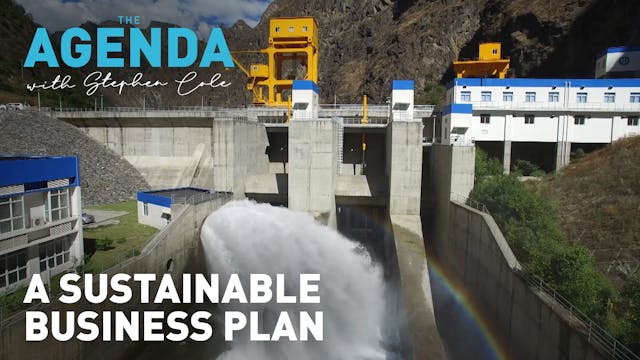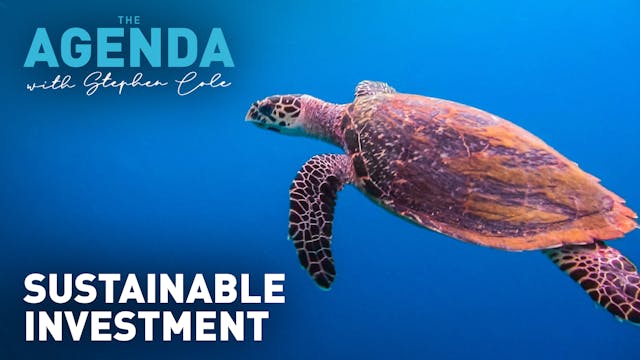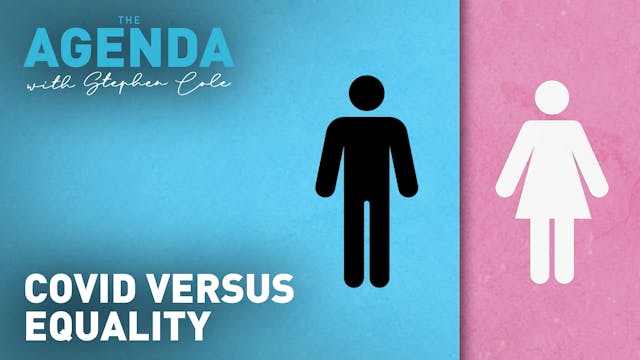NATURE-BASED SOLUTIONS - #TheAgenda
The Agenda
•
9m 12s
A new report from, amongst others, the UN Environment Programme and the World Economic Forum has concluded that if we have a chance of meeting the increasingly tough climate and nature targets governments are setting, we’re going to need to increase investment sharply, and soon.
As Justin Adams, Director of Nature-based solutions at the World Economic Forum explains, we’re going to need to triple the $133b annually invested in nature-based solutions by 2030 if we have any chance of saving the planet.
MEET THE EXPERT
Justin Adams is the Director of Nature-Based Solutions at the World Economic forum.
Before that, he worked as a Senior Advisor to the World Bank and to the Duke of Westminster’s new agricultural fund, Wheatsheaf Investments, and was also a senior executive at BP for 10 years where he helped to build its $8 billion renewables division, Alternative Energy.
Justin is a Fellow at the Smith School of Enterprise and the Environment at the University of Oxford.
Watch #TheAgenda in full and find out more at:
https://www.cgtn.com/europe/the-agenda 📲
Follow CGTN Europe on social media and other platforms👇🏼
https://stories.cgtneurope.tv/follow-cgtn-europe/index.html
Up Next in The Agenda
-
A sustainable business plan - #TheAgenda
To meet sustainability targets, it’s becoming increasingly clear that all private companies need to take a greener approach. Sustainability needs to be part of a company’s values, strategy, vision and commitment to its stakeholders.
But what does that look like in practice? To find out, Stephen ...
-
SUSTAINABLE INVESTMENT - #TheAgenda
One of the key issues if we are to improve investment in nature – and especially if the private sector is to start pulling its weight – is to increase understanding of the benefits of sustainable financing.
Minority shareholders at, for example Royal Dutch Shell and Exxon Mobil have already made...
-
Explainer: Covid Vs Equality - #TheAg...
The World Economic Forum has been publishing a yearly Gender Gap Report for the past 15 years, and the most recent one has some distressing statistics for the women of the world – suggesting the pandemic has pushed back gender parity by an entire generation.
Here, Stephen Cole looks at just what...



